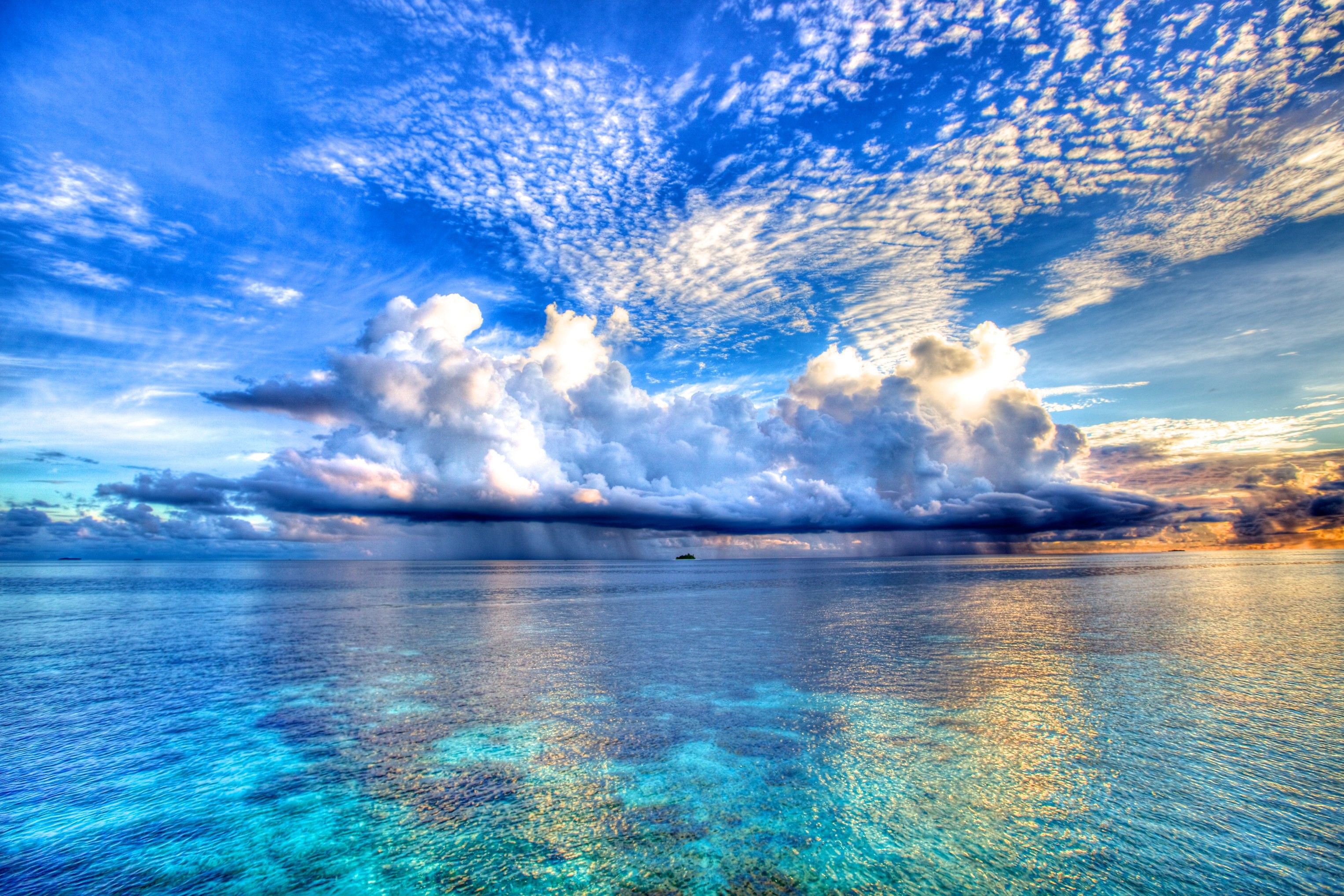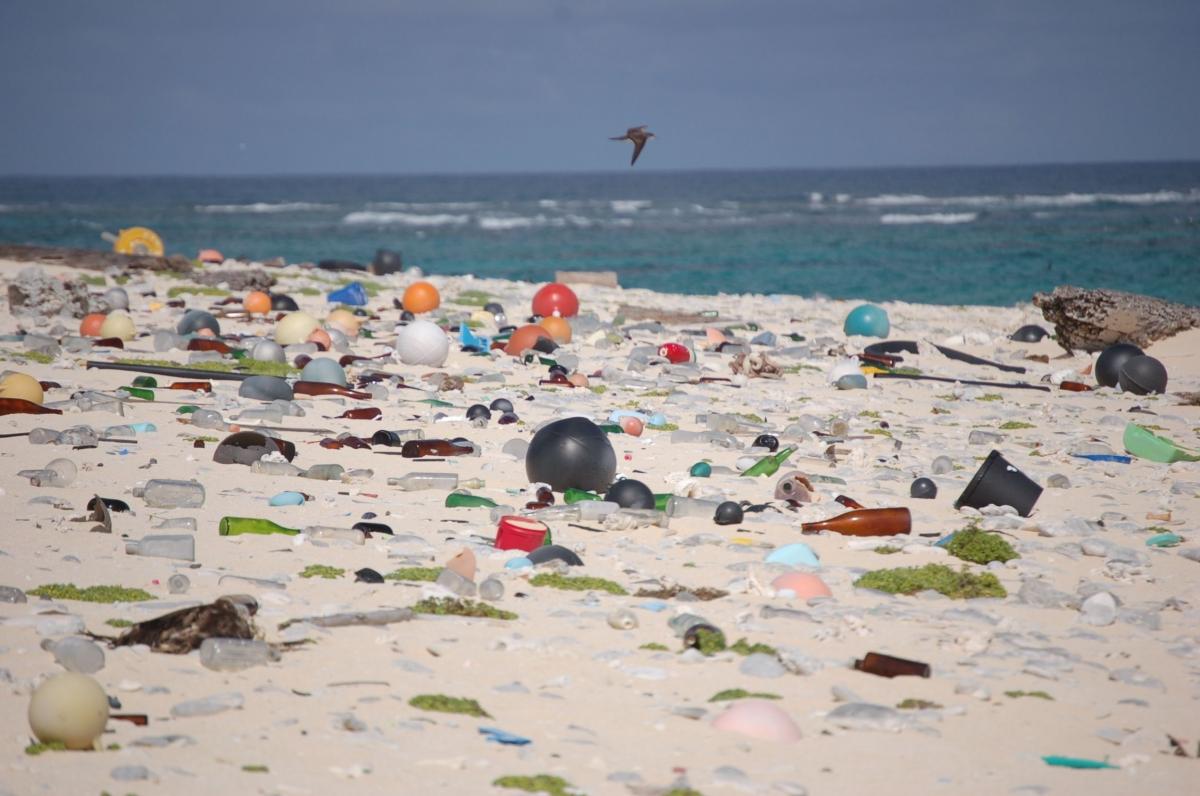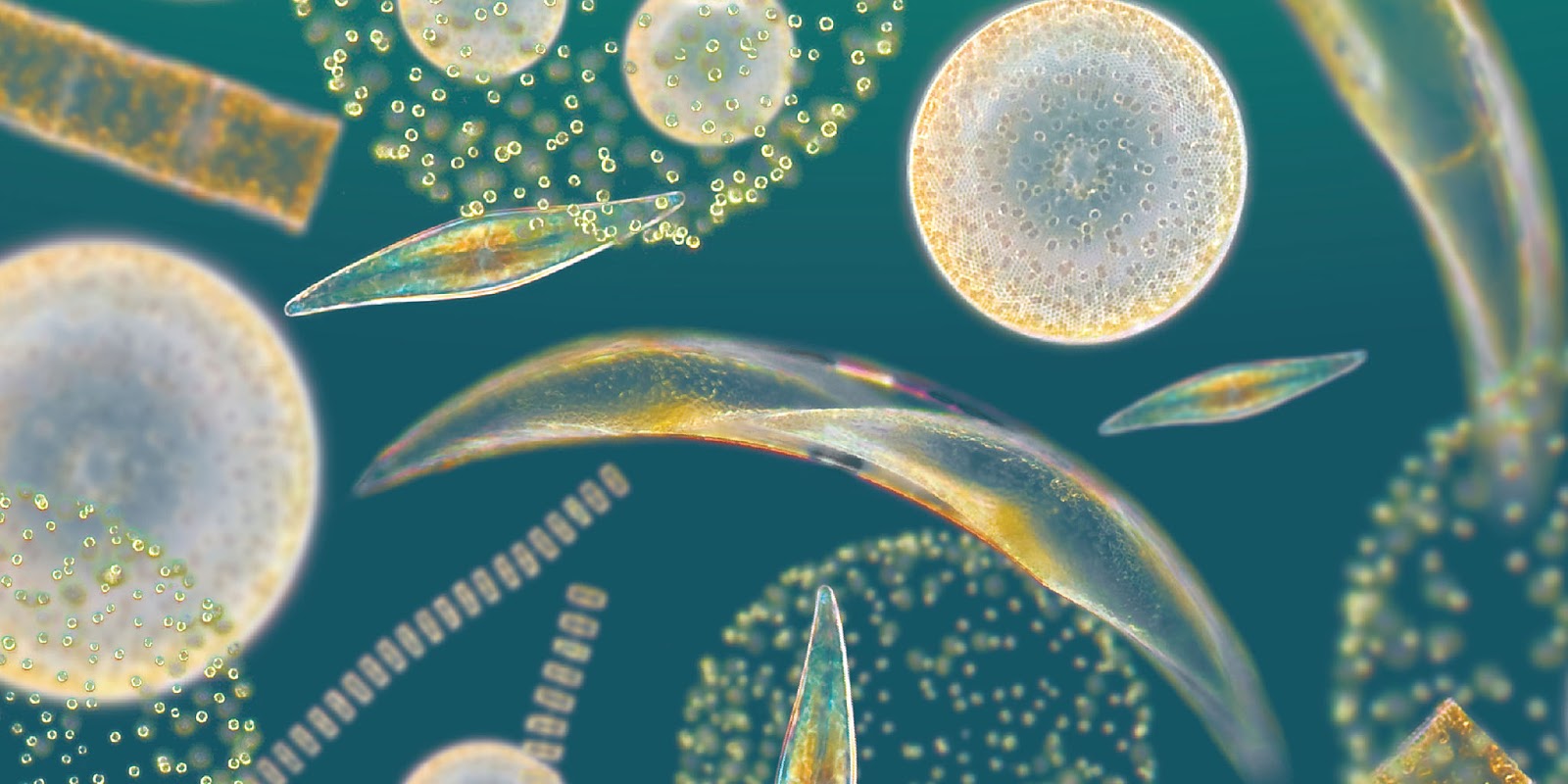Oceans; dumping ground for plastics
According to some findings, an estimated 8 million tons of plastics find their way into the oceans each year. The material can be found in the deepest ocean trenches or circulating around and around, where it can potentially entangle, choke or kill aquatic life.
Ocean plastic is a minefield for marine creatures, affecting everything from microscopic plankton to giant whales. One study estimated that the debris can be found in the majority of all species of seabirds. Another study found that if we continue to consume plastics in a business-as-usual scenario, the ocean is expected to contain one ton of plastic for every three tons of fish by 2025, and by 2050, more plastics than fish by weight. Of course, the proliferation of plastic and microplastics has prompted concerns that they might work their way up the food chain to us.
Changing ourself, the first step
However, what can we do to terminate the steady destruction of the oceans? Are healthy oceans compatible with our industrial world? It’s up to each one of us to help ensure that our ocean is healthy for future generations. It is obvious that governments should protect oceans by enacting strict controls on ocean plastic dumping as the first step. There are many other things we can do as individuals to reduce our plastic consumption like avoiding of using single use plastics and replacing them with reusable ones. Informing people to change their perspective related to oceans and try to encourage individuals to think about what the ocean means to them and their life. Undeniably, it is up to us to save oceans for present and the future generations. Making small modifications about saving oceans to your everyday habits, will make a difference involving your family, friends, and community will benefit our blue planet even more!
Maybe some individuals despaired of highly polluted oceans and extinguished species, however scientists believe that it is not too late to save oceans, but we must start at once to take necessary steps.














Comment